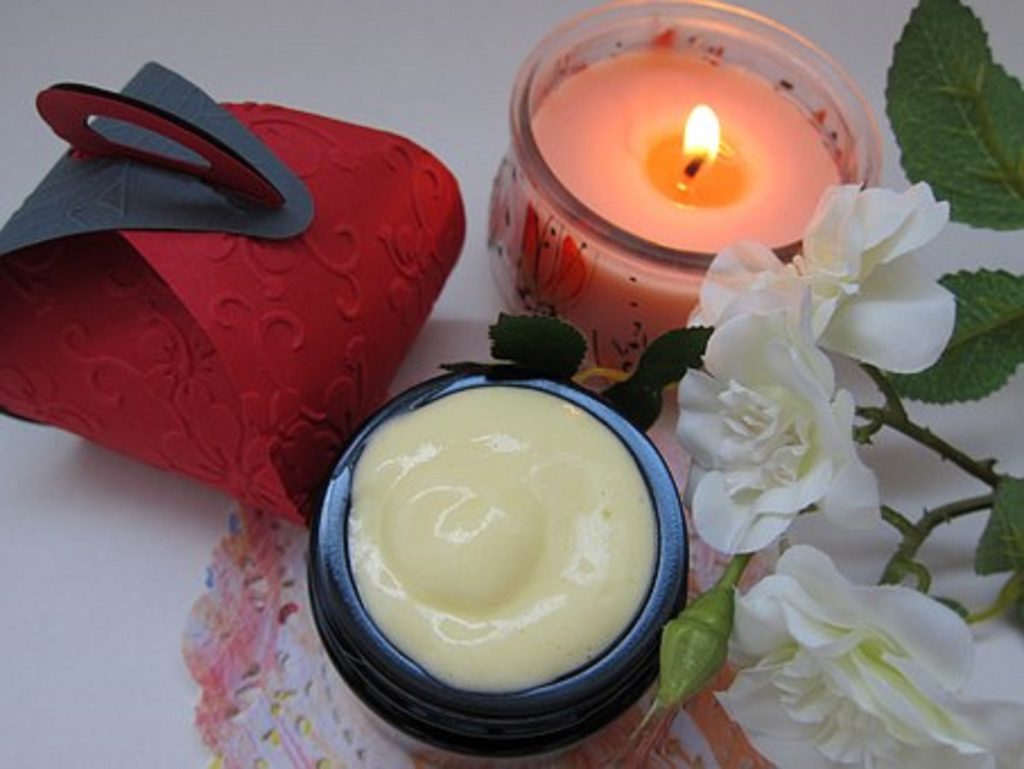August is Psoriasis Awareness Month!
Your skin is your body’s largest organ, and the most visible one. The appearance of your skin is a reflection of health and a measure of age and beauty. So, most of us would agree that taking care of it properly is important. Symptoms such as redness, swelling, burning, and itching can be caused by anything that irritates, clogs, or inflames your skin. The appearance of your skin is also affected by many skin problems such as allergies, irritants, and your genetic makeup; and certain diseases and immune system problems can cause rashes, hives, and other skin conditions.
The layers of your skin act as a protective, dynamic interface with the environment.
Your skin:
- Holds body fluids in, preventing dehydration
- Keeps harmful microbes out, preventing infection.
- Helps you feel things like heat, cold, and pain.
- Keeps your body temperature even.
- Makes vitamin D when the sun shines on it.
Psoriasis is an autoimmune disease that causes raised, red, scaly patches to appear on your skin. According to the National Psoriasis Foundation♦:
While scientists do not know what exactly causes psoriasis, we do know that the immune system and genetics play major roles in its development. Usually, something triggers psoriasis to flare. The skin cells in people with psoriasis grow at an abnormally fast rate, which causes the buildup of psoriasis lesions. There are no special blood tests or tools to diagnose psoriasis. A dermatologist or other health care provider usually examines the affected skin and determines if it is psoriasis.
Men and women develop psoriasis at equal rates but it occurs at varying rate in all racial groups. Psoriasis often develops between the ages of 15 and 35, and typically affects the outside of the elbows, knees or scalp; but it can also appear on other areas of your body.
- Psoriasis can be mild, moderate or severe.
- Severity is based on how much of your body is affected by psoriasis.
- Psoriasis is not contagious and the lesions are not infectious.
- Some people report that psoriasis is itchy, and may burn or sting.
- Your treatment options depend on how severe your psoriasis is.
- Treatment may be topical, such as moisturizers, light therapy or prescribed systemic medications.
The sooner you begin to care for your skin, the better. Take steps to hydrate, nourish and protect your skin and promote healthy cell renewal. Most experts agree that sun protection is the single most important thing to ensure your skin looks good for a long time. By understanding your skin, you can choose products, ingredients, and treatments that are right for you. And with simple and sensible health and skin care strategies, you can look great at any age.
Found value? Feel free to share!!
To Your Success,
Althea
Althea A. McLeish Wilson, RN, MSN
Promoting inner health & outer beauty!
Helping you thrive, not just survive!!
PS. Inner Health & Outer Beauty Store: Health & Wellness with Althea♦
PPS. Did You Find This Helpful? If so, please feel free to share!! Leave a comment or contact me at althea@altheamcleish.com.
Resource:
Psoriasis by National Psoriasis Foundation♦

